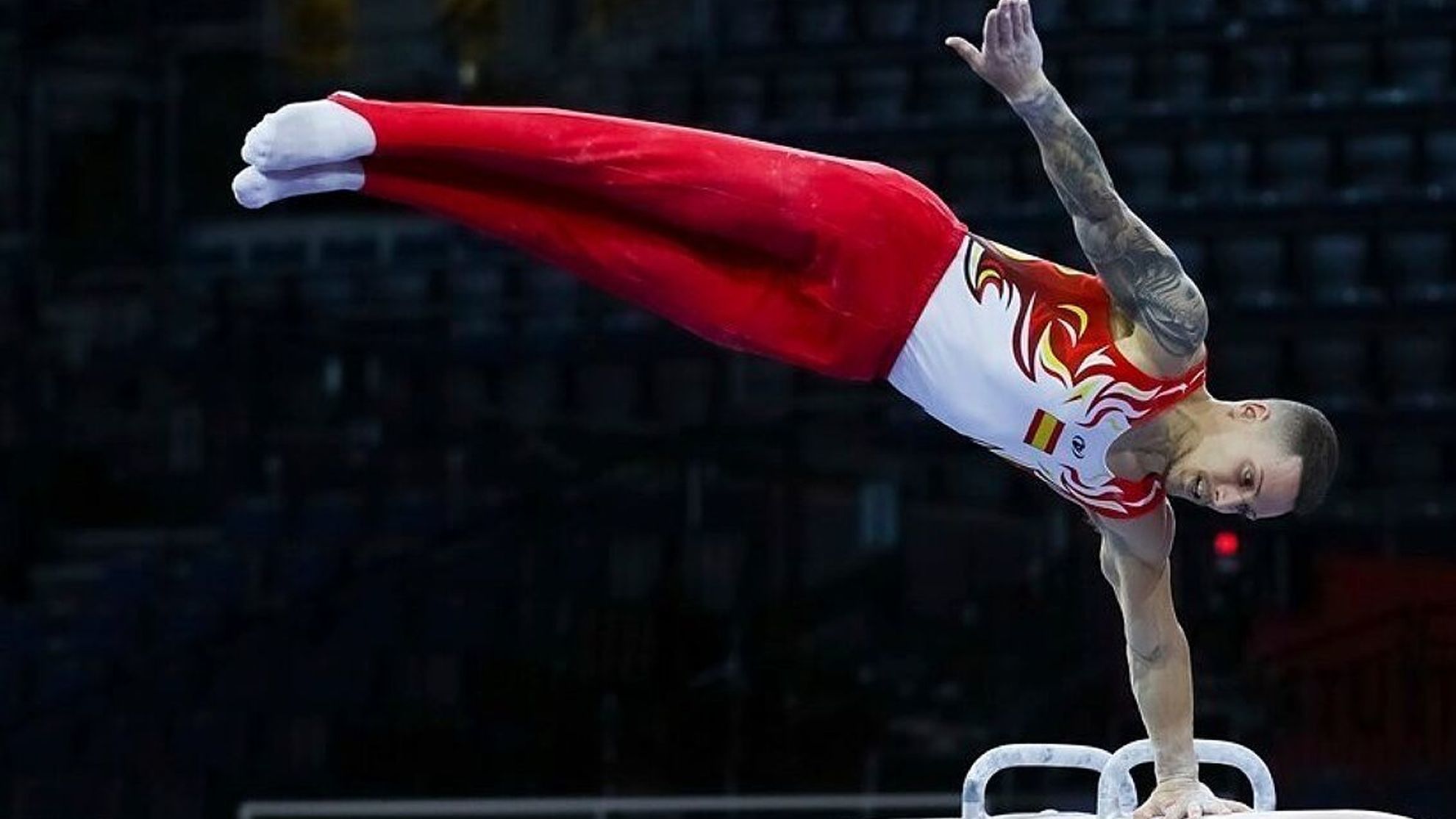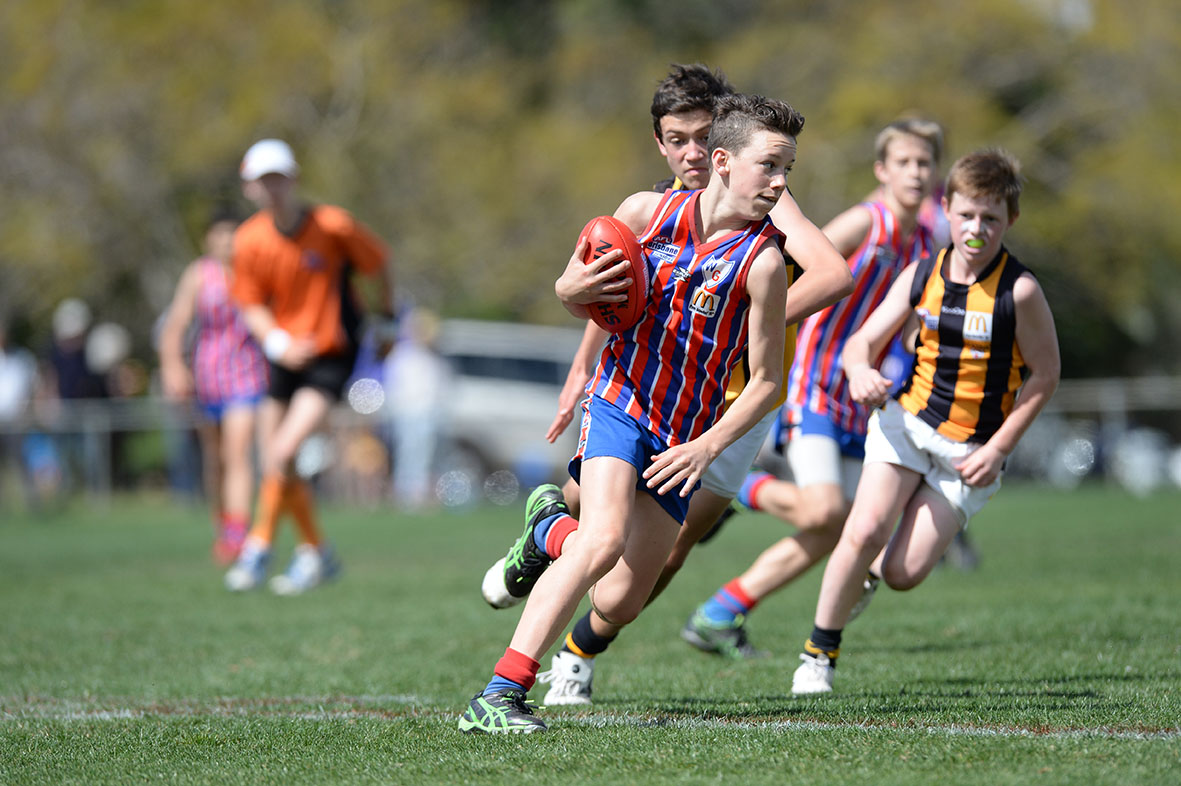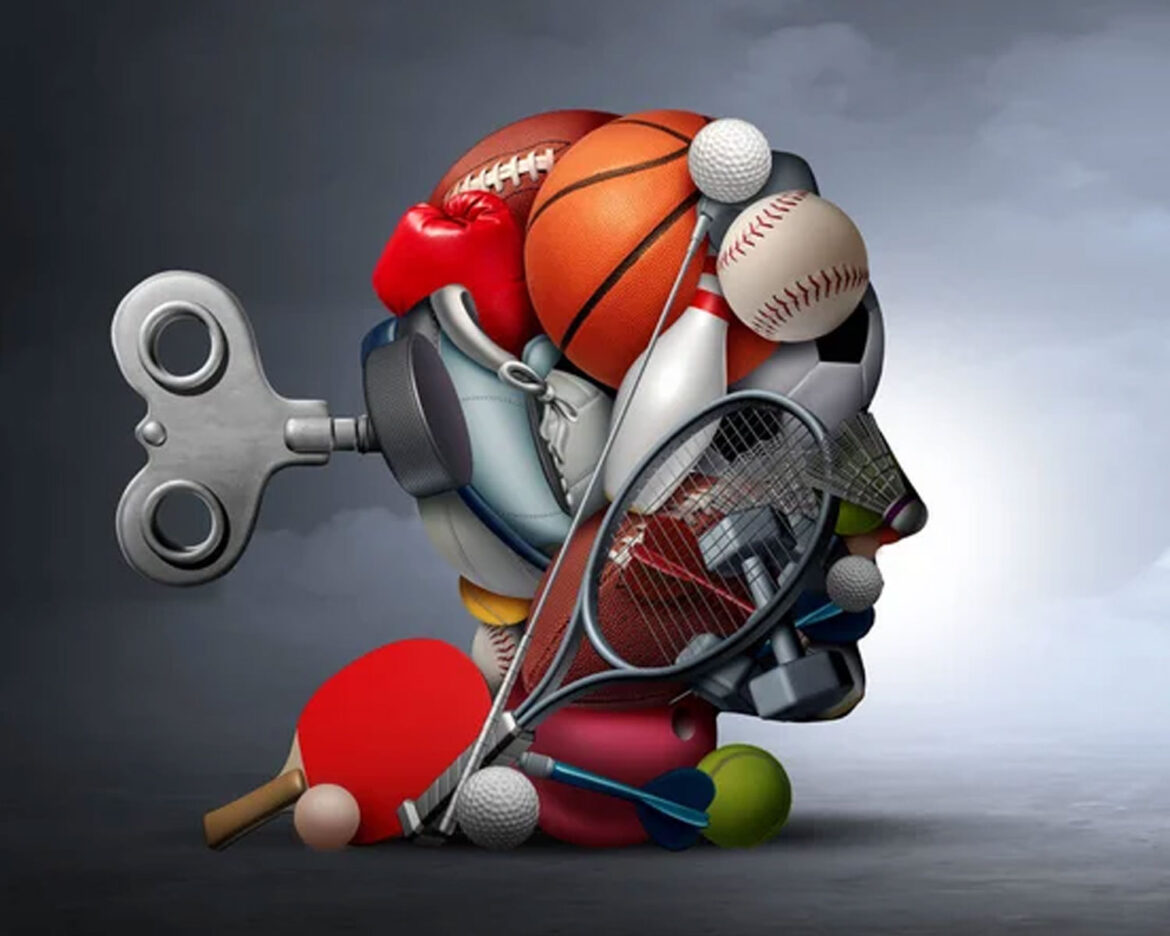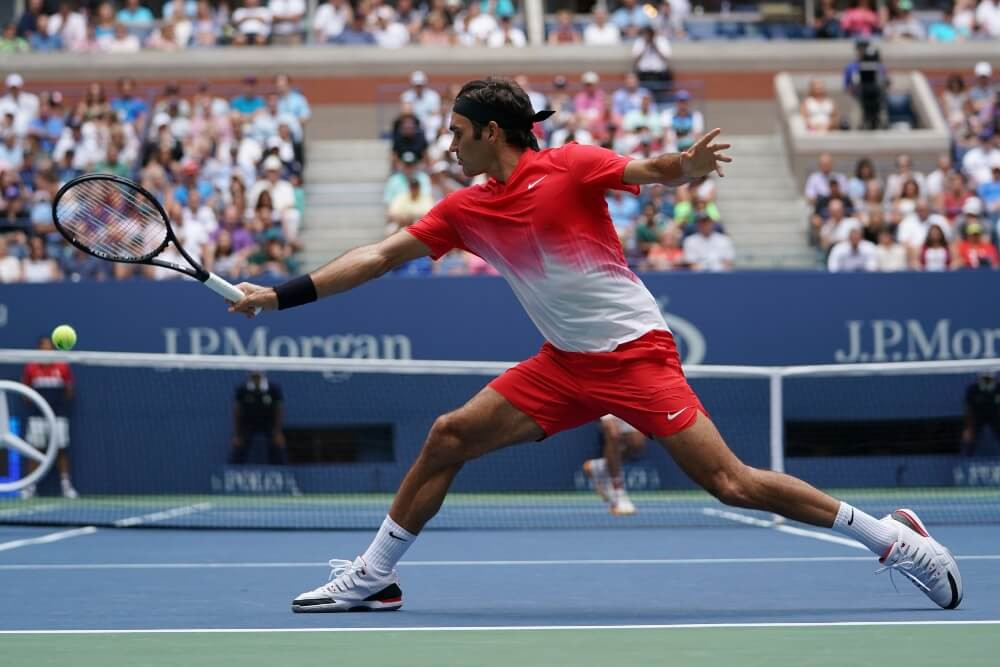To rise above the competition, athletes must excel in speed, strength, and agility. But their success isn’t just rooted in physical prowess; it’s also a product of unique mental capabilities shaped by rigorous training. Research shows that athletes’ brains are different from those of nonathletes, allowing them to achieve extraordinary feats in their respective sports.
Visual Processing: The Athlete’s Advantage

In team sports like soccer or basketball, the ability to quickly absorb visual information and make decisions is crucial. A 2013 study published in Scientific Reports found that professional ice hockey, soccer, and rugby players are superior visual learners compared to elite amateurs and nonathlete university students. These athletes excel at processing dynamic visual scenes, enhancing their ability to track moving objects and react faster—an edge that can be crucial during gameplay.
Muscle Memory: Precision Without Thought

For acrobatic athletes like divers and gymnasts, muscle memory is key. A 2023 study in The Journal of Neuroscience revealed how the brain efficiently plans and coordinates repetitive movements by integrating sequences and timing into one seamless burst of activity. This neural efficiency allows athletes to execute complex movements with precision, even under intense pressure.
Prediction: The Batter’s Brain

In baseball, a batter’s ability to predict a pitcher’s throw is vital. A 2022 study in Cerebral Cortex showed that neurons in the left ventral extrastriate cortex of a batter’s brain fire differently based on these predictions. This specialized brain activity helps batters anticipate and react to pitches more effectively, giving them a split-second advantage.
Proprioception: The Balance of Champions
Gymnasts like Simone Biles possess exceptional proprioceptive skills—the ability to sense and control body position in space. This skill is supported by an intricate network of neurons in the cerebellum, enabling athletes to maintain balance and adjust mid-air. However, when this system fails, as it did for Biles during the 2020 Tokyo Olympics, the consequences can be severe.
Focus and Attention: The Cognitive Edge

Athletes, particularly those in team sports, must rapidly switch their focus and divide their attention during games. A 2022 study in the International Journal of Sport and Exercise Psychology found that athletes are better at cognitive flexibility and attention allocation than nonathletes, a skill that translates into daily life tasks as well.
Brain Resilience: Resistance to Aging

The cognitive benefits of athletic training may extend into old age, as demonstrated by Canadian track-and-field athlete Olga Kotelko. Research showed that Kotelko, even in her mid-90s, had remarkably intact white matter in her brain, comparable to women three decades younger. This finding suggests that long-term athletic training could contribute to brain resilience against aging.
Training the Next Generation

Looking ahead, scientists argue that starting cognitive training early could further enhance athletic performance. By focusing on memory and decision-making skills during the formative years, young athletes may develop a tactical edge that sets them apart in later stages of their careers.
As the human body reaches its physical limits, the future of sports performance may lie in unlocking the full potential of the brain.




